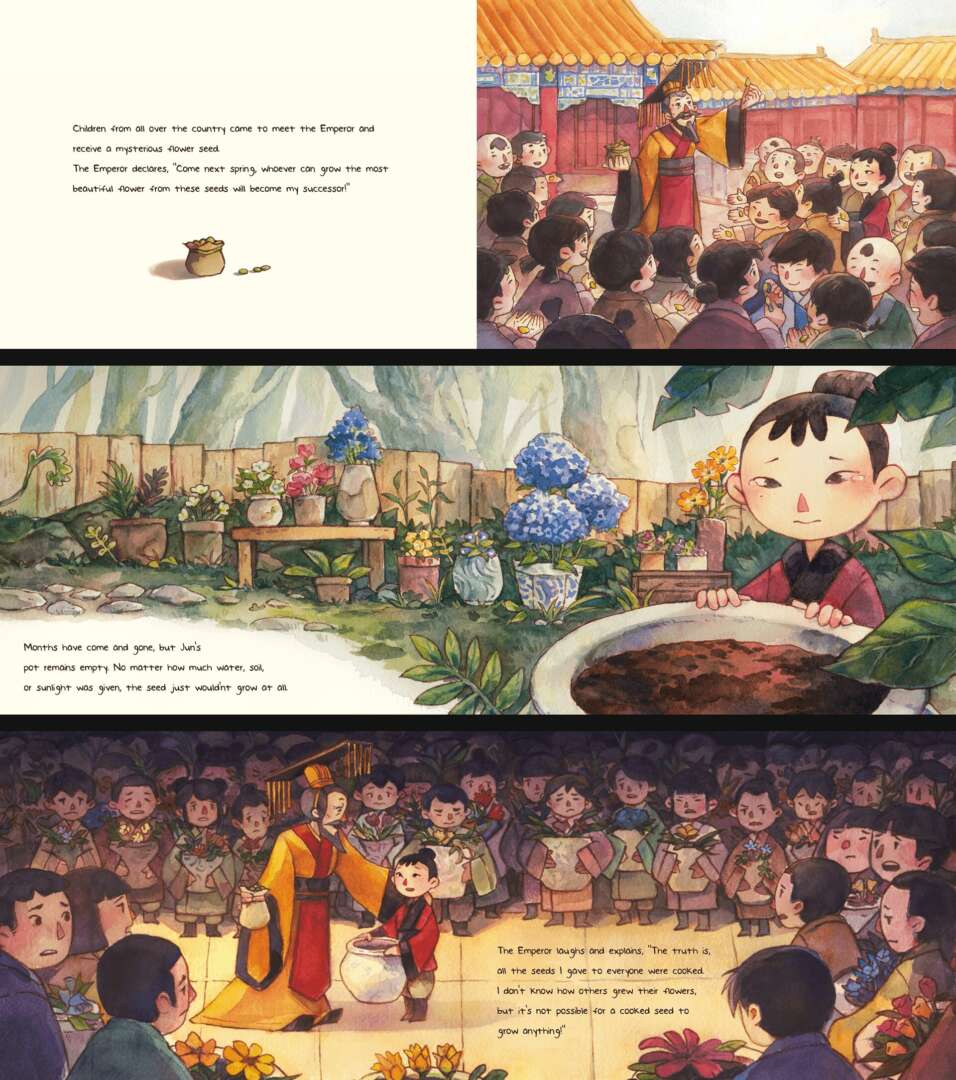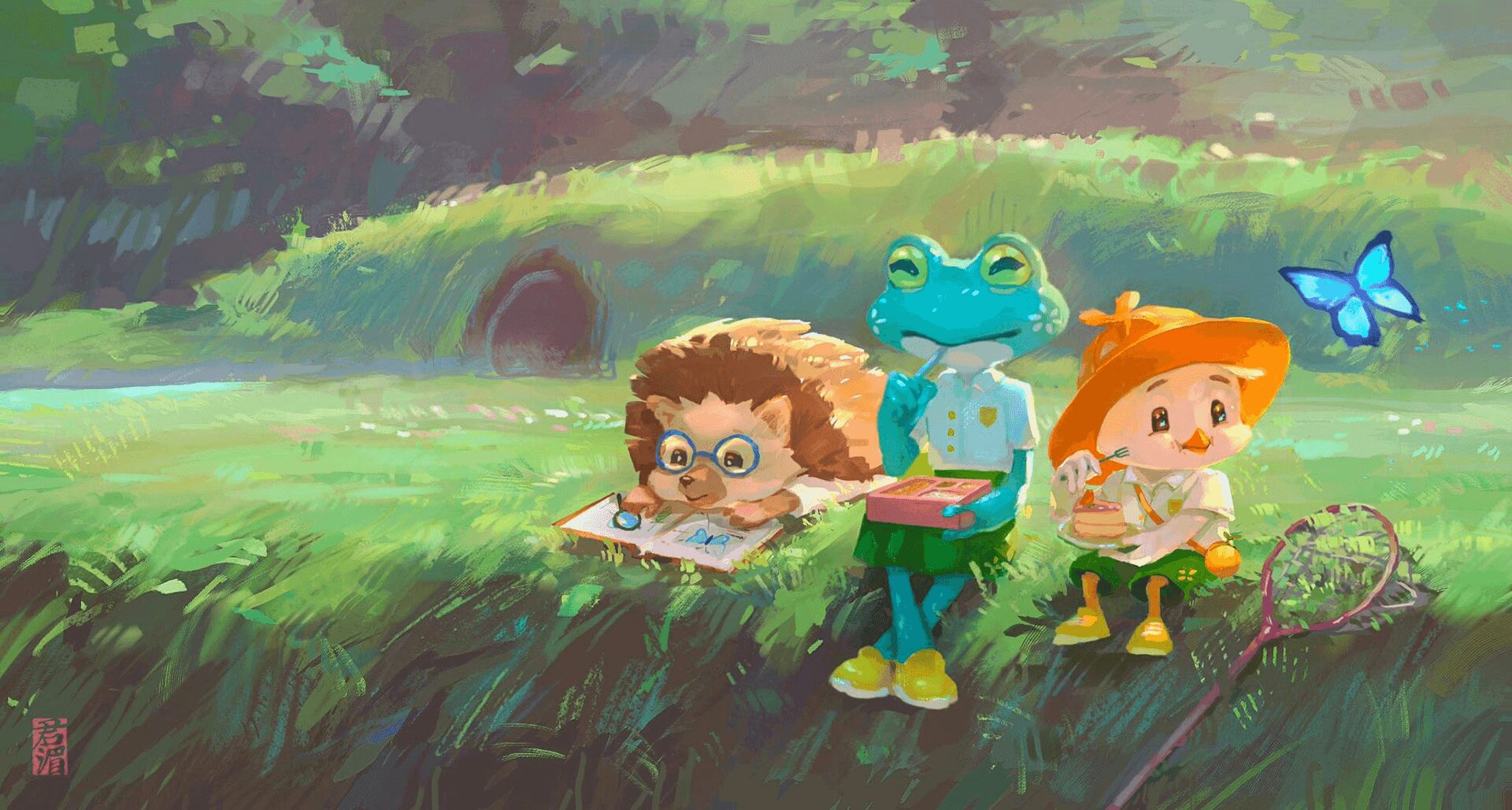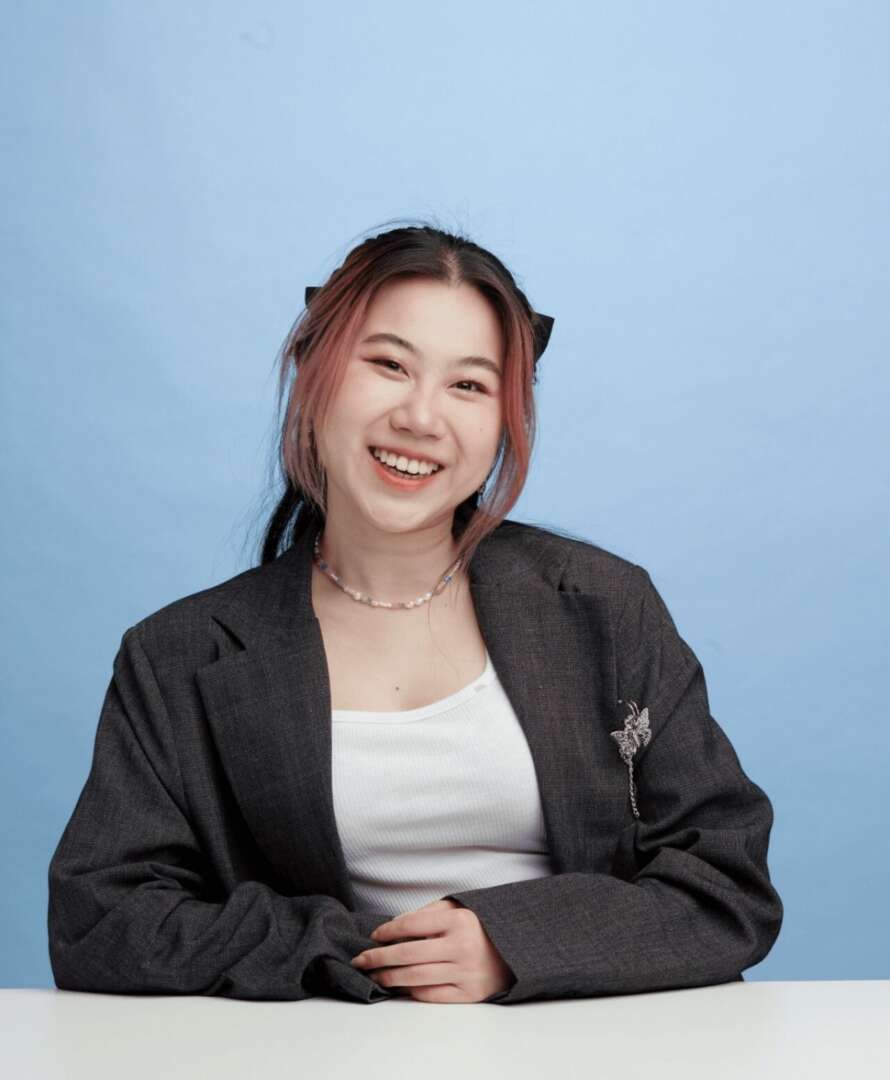We caught up with the brilliant and insightful Victoria Junmei a few weeks ago and have shared our conversation below.
Victoria, thanks for taking the time to share your stories with us today Did you always know you wanted to pursue a creative or artistic career? When did you first know?
I’ve always loved looking at and making art; from the bottom of my heart I really love to draw. Sometimes I would be so busy drawing or painting I’d forget to eat, and that’s not something I’m exactly proud of, but it’s a testament to how much I care about and will sacrifice for my craft. Growing up, I spent the first 13 years of my life thinking I was going to be a concert violinist, but I had to be hounded into practicing. I secretly hated being told to play certain things, in a certain way, and I was too afraid to admit I didn’t want to be a violinist anymore to my parents. With the comparison of knowing what doing something that doesn’t come from my heart feels like, I could see the stark contrast to my itching desire to draw.
Whether it was to impress my classmates, or submit into an anime fan art contest, making images in my head come to life on paper or on a digital screen has always been the most gratifying part of my life. I could watch the progress: every day of work actually means something. Every day, there’s visible progress— the satisfaction of completing a work of art I’ve toiled away at, always gives me such a rush, and I can’t imagine a life without it.
When I discovered the possibilities of working in animation, it made me realize I wanted to bring my artistic passion into something bigger—be a part of something great. I went to RISD for art school and moved to LA with the hopes of breaking into Animation and becoming one of the great illustrators and visual development artists that make animated movies and shows. I hope to be part of projects that later become the cornerstone of many people’s lives.
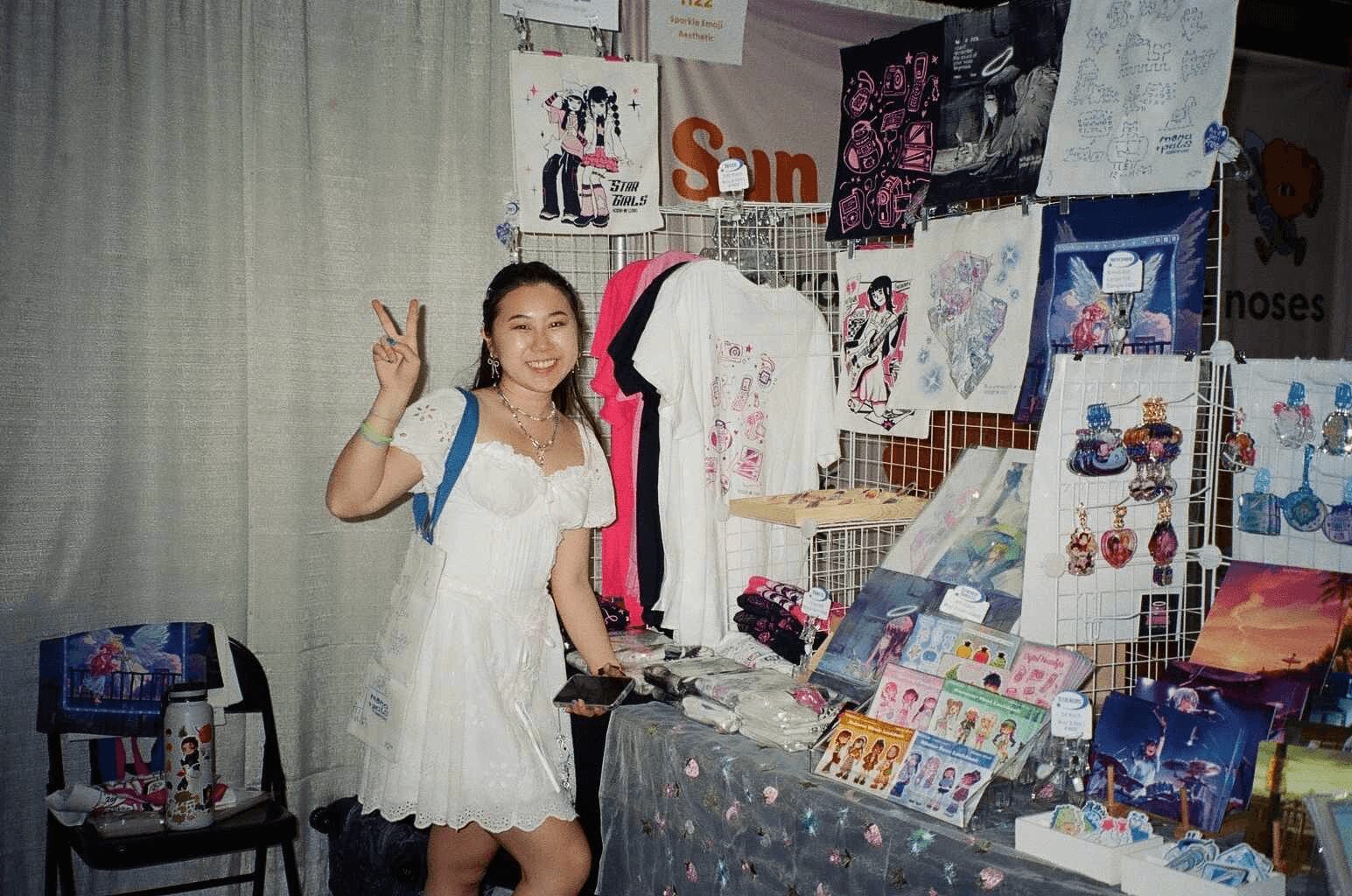
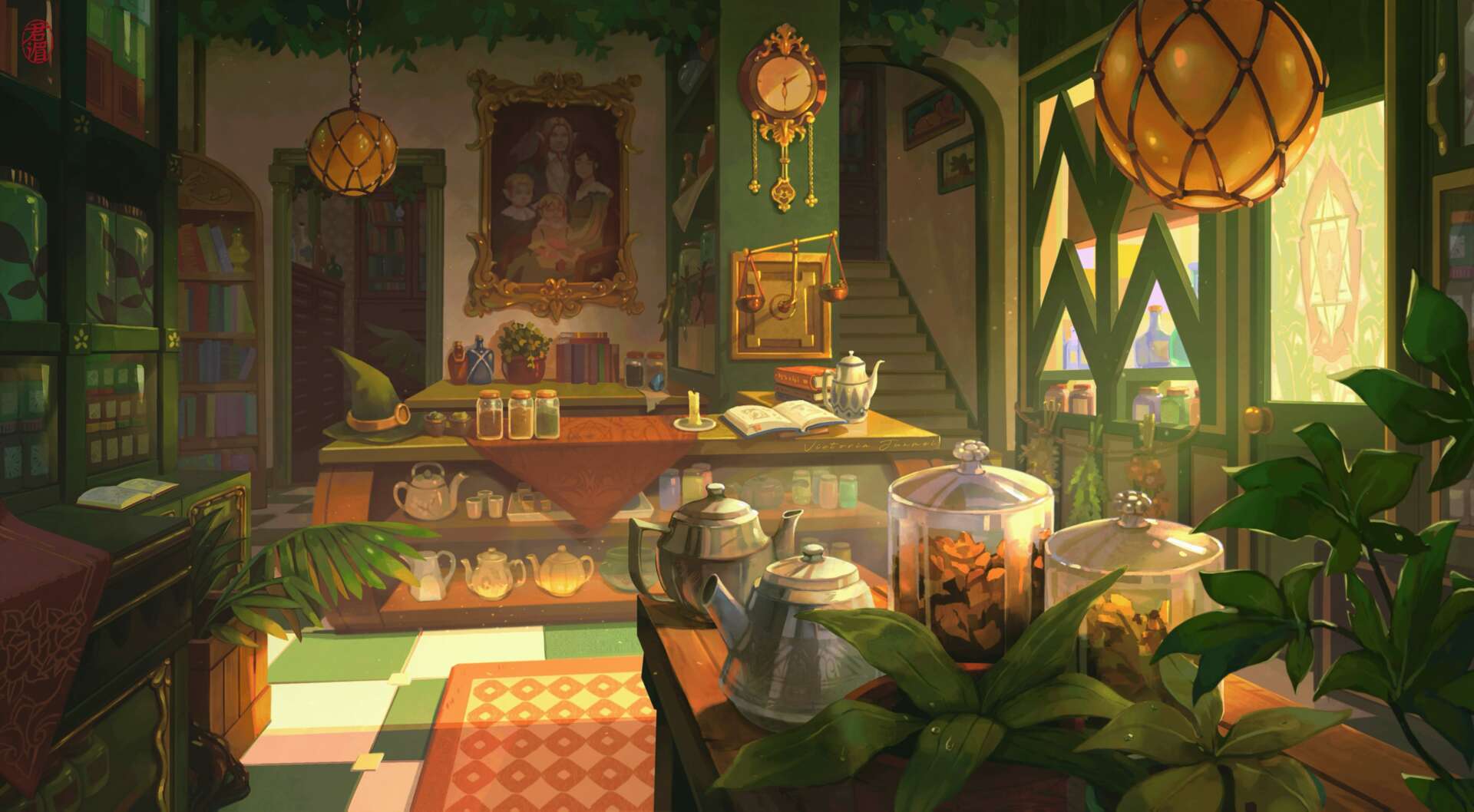
Victoria, before we move on to more of these sorts of questions, can you take some time to bring our readers up to speed on you and what you do?
Hi everyone! I’m Victoria and I’m an illustrator currently working in Animation with dreams of becoming an Art Director for award winning films and TV shows.
One word I’d proudly describe myself with is “versatile”— there’s nothing I can’t or won’t try to do. In my artistic training, I’ve familiarized myself with all types of traditional and digital mediums, and played with many different art styles to see what fits my creative vision on different projects. I’ve eliminated all the technical hurdles and am now focusing on honing my storytelling abilities.
On the side I run my stationery business MeiBerry Studio inspired by the resurgence in Y2K Memorabilia and Punk Rock music. My business rebranded earlier this year in 2024; the brand first started off with me selling fan art I drew of shows I love, but soon I noticed an aesthetic gap in the stationery market and wanted to bring my own spin to memo pads, stickers, and everyday wearables etc. I’ve been selling my new items at makers markets and soon would have them online on my Etsy.


Is there something you think non-creatives will struggle to understand about your journey as a creative?
A struggle I see in myself very clearly and in the creative process of other artists is the truth that “nothing is ever done” when you’re making art. A math problem can be answered, a chart can be filled out, and data can be input, but for the process of an artist, there is no finish line, at least not a clear one.
You can always spend another hour grueling over the details no one will notice. However, many nitty gritty things that can perhaps elevate an image, likely is not the make-or-break of the final artwork. But letting go is so hard! Most people who work as professional artists choose to become artists out of passion, so that feeds the problem of not stopping when you should. You’re likely not being paid for overtime on a commission just because “you wanted to make it better”.
I’m facing that struggle right now. I’m fighting to end my workday on time, which is very amusing I’m sure for the non-creatives who are usually halfway out of their seat before the clock strikes 5. Non-artists get off their 9 to 5 job, go home and relax; when I go home, I just make more art. If it’s not art for work, then it’s art for myself. Or, worst case, my day’s work is still on my mind, I can’t help but return back and work on the job some more, and soon an 8 hour workday becomes a 10 hour workday because I let it happen. There can always be more done to make something better, even if it is not asked of me. Artists across-the-board just seem to have high expectations of themselves.
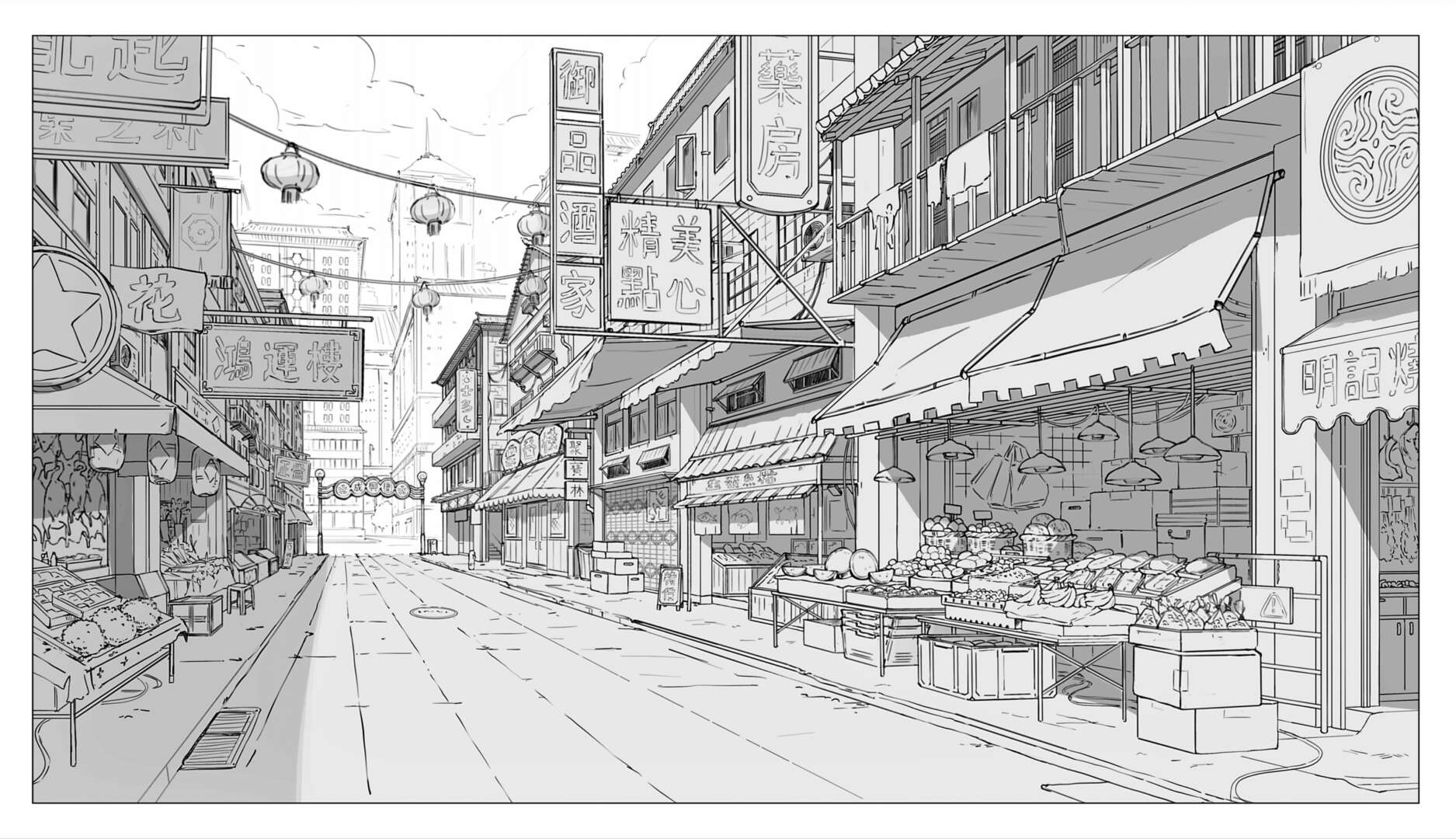
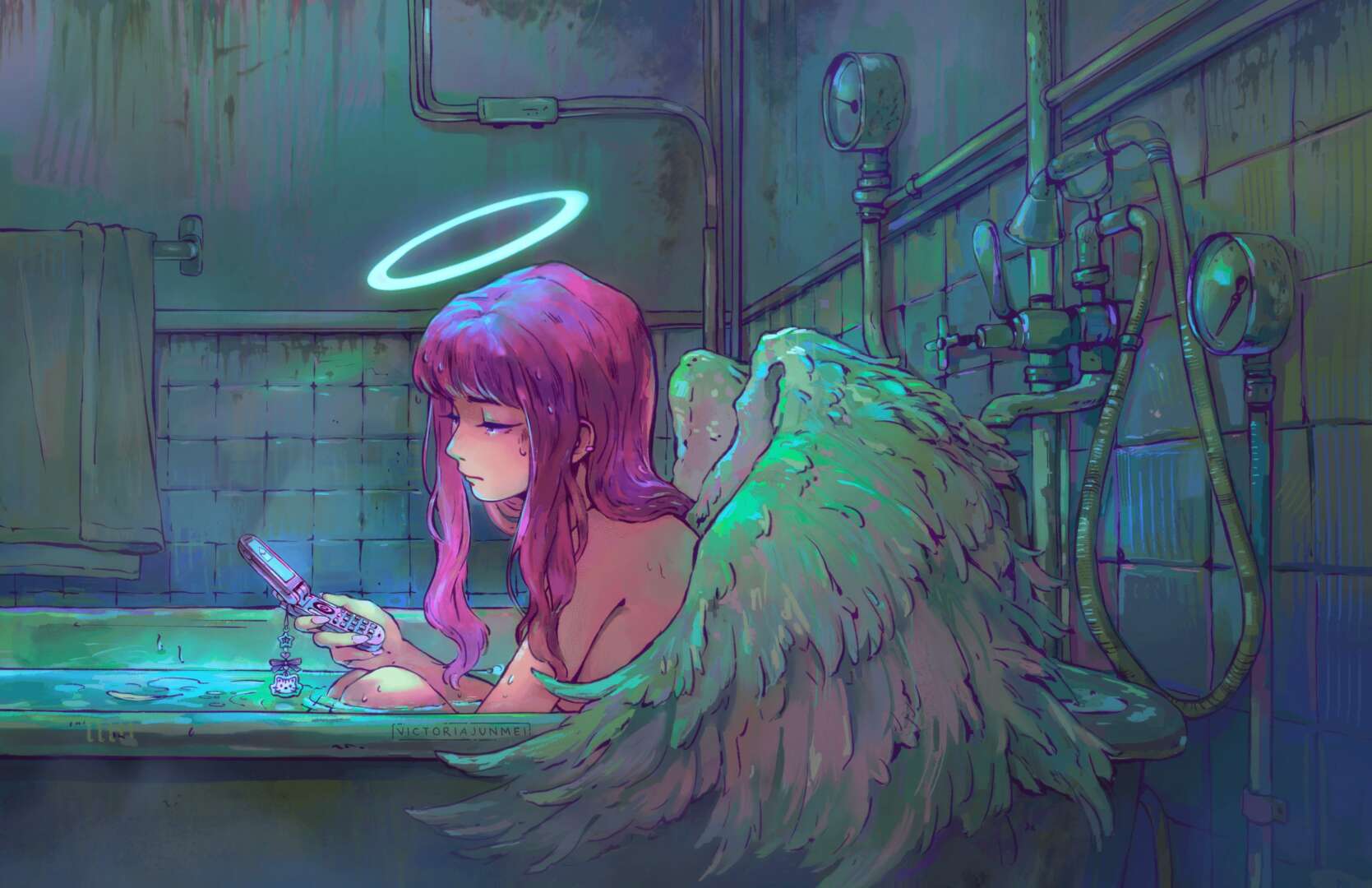
Learning and unlearning are both critical parts of growth – can you share a story of a time when you had to unlearn a lesson?
Not exactly a lesson, but I had beliefs about art that I had to unlearn quite recently. There was a time in my fourth year at RISD where I had to acknowledge that my familial influences were causing the biggest art block of my life, and I needed to unlearn these influences before I can grow.
I grew up in a family of technical minds—academic people with logical thoughts—creativity wasn’t up their alley, so I stood out as the emotionally-complicated oddball with an artistic knack. My parents have then and still are immensely supportive of my artistic journey, but their understanding of art started with a lot of rigidity and conformity of what good art is. Whenever I engaged in conversations with my parents about concepts in my creative work, I found myself bending my ideas to fit their realm of understanding, or as a whole discarding a concept in fear they’ll think it’s intangible therefore a fruitless pursuit. (How does one explain “vibes” to their Chinese parents??) I sought their approval and stayed in a box.
Funnily enough, when I was in art school, it became clear I was the super logical one, always using numbers and writing to document or explain concepts. I grasped technical skills like perspective, color, and lighting quickly, so I embraced this quirk initially: I was too logical for art school. The unlearning began when I came to realize this fact hindered me creatively. I restricted myself from truly experimenting with my subject matter— if a concept was too hard to execute technically, I wouldn’t do it at all. Failure to me at the time was making “bad looking art” and that is just restricted me in a comfort zone. When I stopped pursuing technical excellence as the pinnacle of good art and embraced meaningful concepts, I immediately enjoyed my creative process more and saw significant improvement in my technical abilities naturally. I’m less married to making art my parents will understand, and instead focusing on what stories make me excited to tell.
Contact Info:
- Website: https://Www.victoriajunmei.com
- Instagram: https://Www.instagram.com/victoriajunmei
- Linkedin: https://www.linkedin.com/in/victoriajunmei
- Twitter: https://www.twitter.com/victoriajunmei
- Other: https://meiberrystudio.etsy.com/
